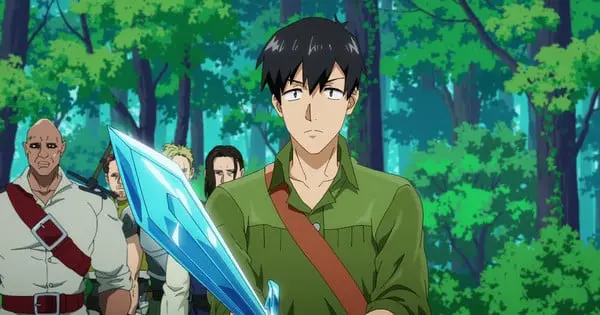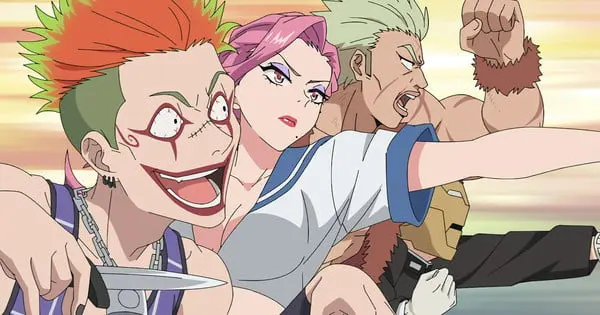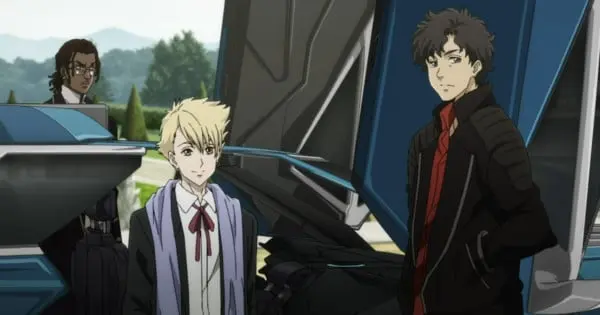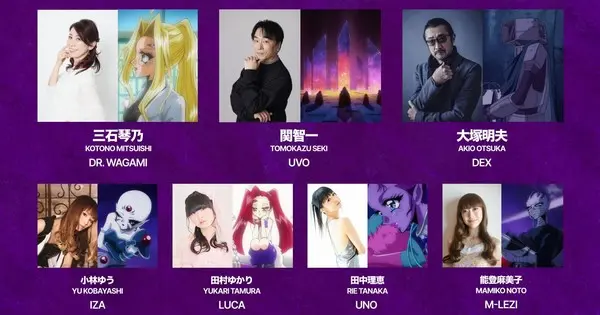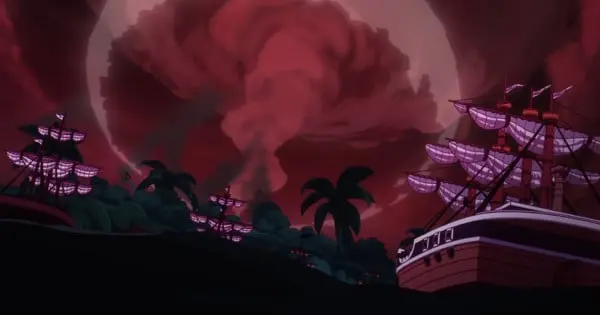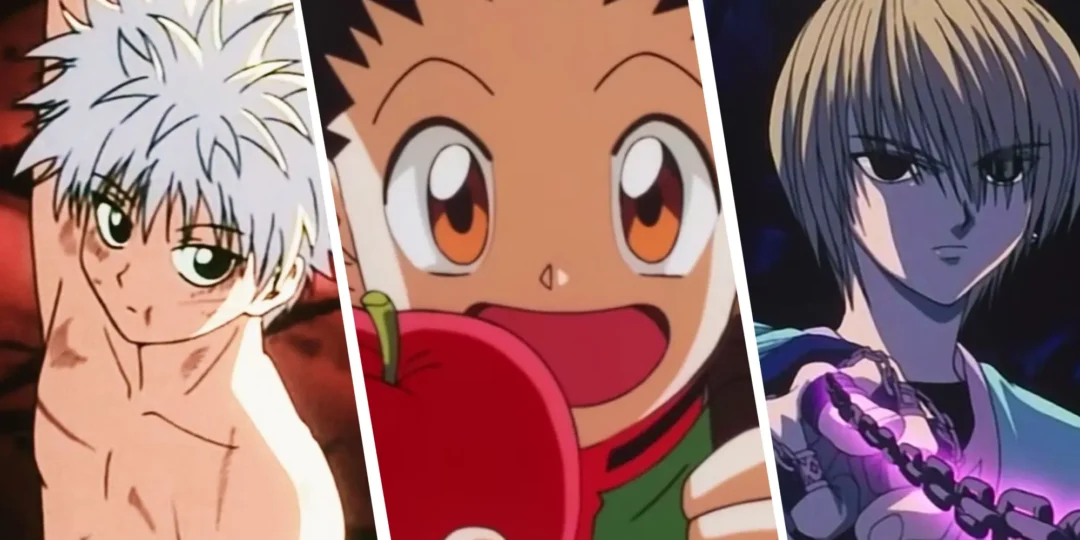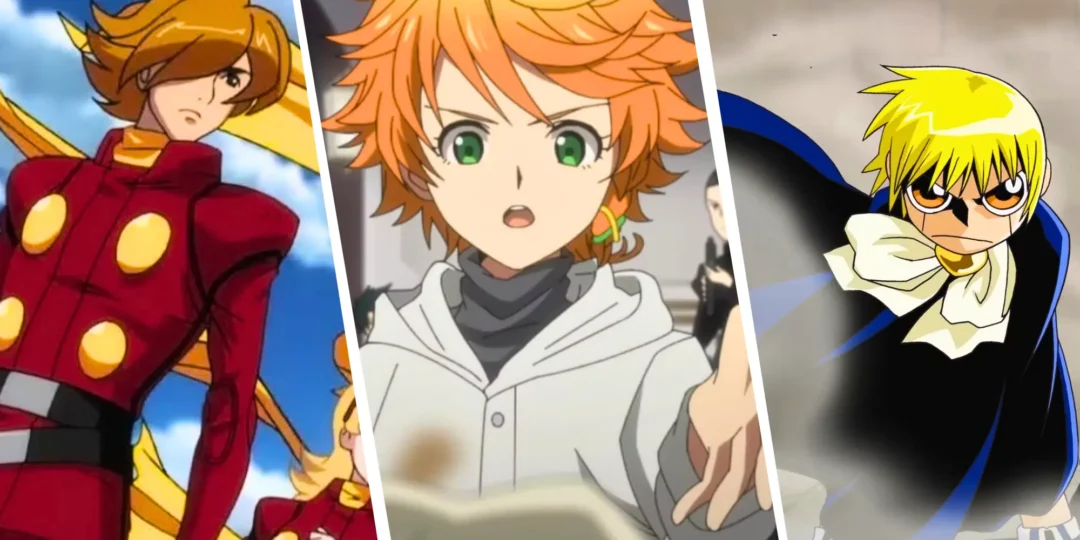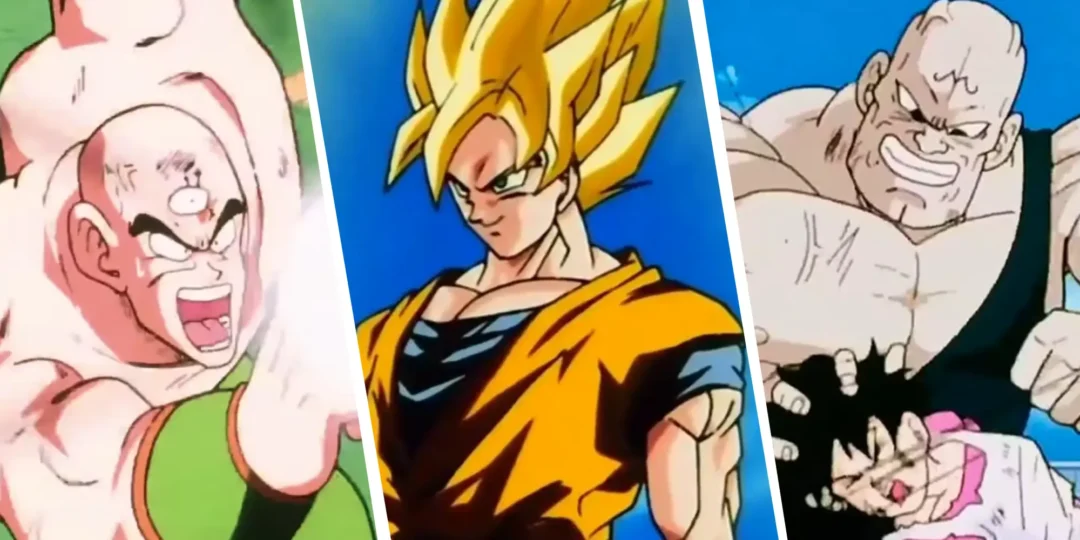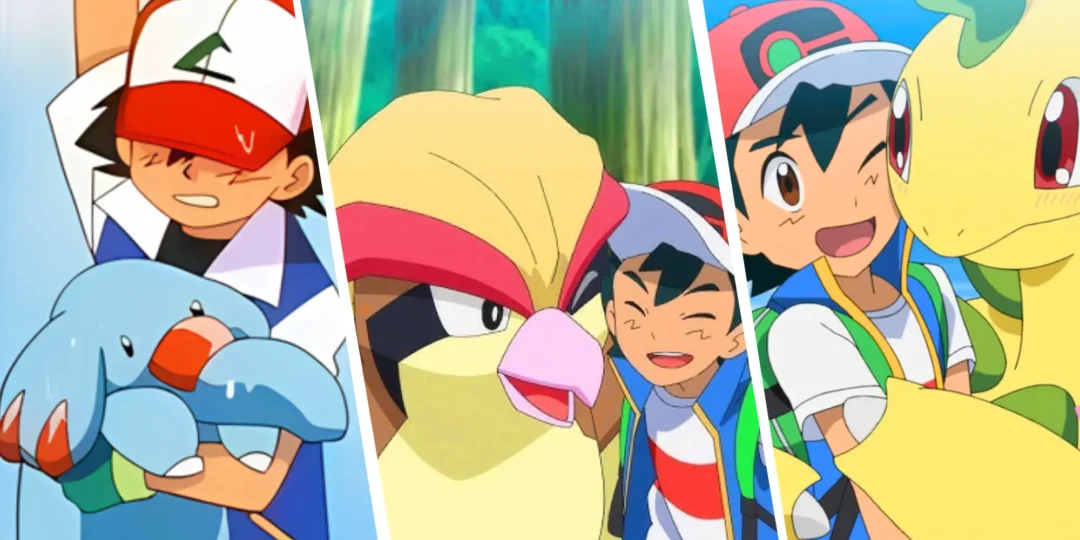The Hunter x Hunter franchise boasts two major anime adaptations: the 1999 series by Nippon Animation and the 2011 reboot by Madhouse. While the 2011 version gained widespread popularity for its faithfulness to the manga and its extensive coverage of the story, many long-time fans argue that the 1999 series captures the essence of Yoshihiro Togashi’s work in a way that the remake doesn’t. This article explores ten key reasons why the 1999 Hunter x Hunter anime is considered superior by many viewers.
1. A Grittier, More Faithful Art Style
The 1999 anime is praised for its art style, which is more in line with Yoshihiro Togashi’s original manga illustrations. This adaptation uses a warmer, more analog aesthetic reminiscent of 90s anime. The character designs are less “cutesy” and more realistic, enhancing the series’ darker and more dangerous world. The backgrounds are also noted for their beauty and detail. This visual approach makes the 1999 series more visually impactful, particularly in the series’ more serious moments. In contrast, the 2011 series, while fluid and modern, is criticized for a more generic, brighter art style that some feel undermines the story’s grim undertones.
2. Slower Pacing for Better Character Development
One of the most significant advantages of the 1999 anime is its pacing. It takes its time, allowing for more in-depth exploration of the characters and their relationships. The slower pacing provides ample opportunity for viewers to connect with the characters, understand their motivations, and witness their growth, particularly between Gon, Killua, Kurapika, and Leorio. The 2011 anime is often criticized for its faster pace, which, while keeping the story moving, can make character development feel rushed or less impactful, particularly for supporting characters.
Enhanced Focus on Supporting Characters
The 1999 version gives more screen time to secondary characters. Leorio and Kurapika, for example, have more opportunities to develop and cement their friendships with Gon and Killua, making their bonds feel more genuine and realistic. In the 2011 series, Kurapika and especially Leorio often feel like side characters due to their frequent absences and less developed bonds with the main characters.
3. Thematic Depth and Atmosphere
The 1999 adaptation has a darker, more serious tone. This is reflected not only in its art style, but also in its direction and soundtrack, creating a somber atmosphere. Many fans appreciate how the 1999 series handles the switch between lighthearted moments and serious, even devastating events, arguing that the 2011 version can sometimes create a tonal whiplash with its brighter, more upbeat approach. The 1999 version’s consistent, darker atmosphere allows the series’ more intense and psychological elements to land more effectively.
4. Superior Music and Soundtrack
The soundtrack of the 1999 series is often cited as a highlight. Composed by Toshihiko Sahashi, the music is haunting and atmospheric, perfectly complementing the series’ tone and mood. Tracks like “Konpaku no Elegy,” Kurapika’s theme, and the harmonica version of “Ohayou” are particularly beloved by fans. Many feel the music of the 1999 version enhances the emotional impact of scenes far more effectively than the 2011’s soundtrack. The 2011 anime features a new, modern soundtrack by Yoshihisa Hirano that some fans find less fitting with the overall tone.
Memorable Opening and Ending Themes
The 1999 anime has a selection of opening and ending themes that are considered iconic. The second opening theme, in particular, is lauded for perfectly capturing the dark atmosphere of the Yorknew City arc. These themes, along with the background music, are considered by many to be superior and more memorable compared to those used in the 2011 series.
5. The Inclusion of Meaningful Filler
While filler is often criticized in anime, the 1999 Hunter x Hunter incorporates filler episodes and anime-original content that genuinely enhance the story and characters. Episodes such as 2, 7, 18, 19, and 20 feature original stories that allow for deeper bonding between the characters and further exploration of the world. These filler episodes, unlike typical anime filler, contribute positively to the overall viewing experience by fleshing out the cast and giving them room to grow.
Expanded Backstories and Relationships
The 1999 anime takes opportunities to delve deeper into the characters’ backstories, which is lacking in the 2011 series. For example, the moments between Kurapika and Leorio on the abandoned warship arc are expanded upon, building their friendship in a way not seen in the 2011 adaptation. These additional scenes often provide valuable insights into the characters’ motivations.
6. More Detailed Characterizations
The 1999 series is praised for its detailed characterizations. It gives a more nuanced portrayal of characters like Killua, presenting him with a different personality early on that allows the strength of his friendship with Gon to develop more naturally. Some fans argue that the 2011 series simplifies character motivations and reduces character complexities. Hisoka is another character who benefits from the 1999 series’ approach, with many believing his portrayal in the original to be more intriguing and menacing.
7. Better Handling of Tonal Shifts
The 1999 series better handles the shifts between light and dark moments. Hunter x Hunter is known for its ability to quickly transition from comedy to tragedy, and the original anime manages these shifts more seamlessly. The 2011 version’s more upbeat tone can create a jarring effect when the series delves into darker themes, which can undermine the dramatic impact of those moments.
8. A More Mature Adaptation
The 1999 anime has a more mature feel. It doesn’t shy away from the psychological complexities of the story and explores darker themes in a way that some fans feel the 2011 series avoids. The 1999 version’s focus on character psychology helps to solidify the series as something more than a standard action-adventure anime. This focus on mature themes is a strong draw for many who appreciate the depth of the story.
9. Unique and Nostalgic Appeal
For many, the 1999 anime holds a special nostalgic charm. The classic 90s animation style, the detailed backgrounds, and the darker tone evoke a sense of nostalgia that the 2011 remake simply cannot replicate. This nostalgic appeal adds to the emotional connection that many viewers feel towards the original series.
10. A Comprehensive, if Shorter, Story
While the 2011 series covers more of the manga, the 1999 anime tells a complete and compelling story up to the end of the Greed Island arc. The 1999 version consists of 62 episodes, with an additional 30 OVA episodes that continue through the Greed Island arc. Although the 2011 series goes beyond this, many fans feel the 1999 series provides a more satisfying and cohesive narrative experience within its scope.
Conclusion
Both Hunter x Hunter adaptations have their strengths. However, the 1999 series stands out for its art style, atmosphere, pacing, and character development. It is often regarded as the superior adaptation due to its faithfulness to the manga’s original tone, its in-depth characterizations, and its memorable music. The original anime is not just a nostalgic favorite for many fans, but is seen as a masterpiece that perfectly captures the spirit of Togashi’s work. While the 2011 adaptation introduced the series to a wider audience, many consider the 1999 version the quintessential Hunter x Hunter experience.

